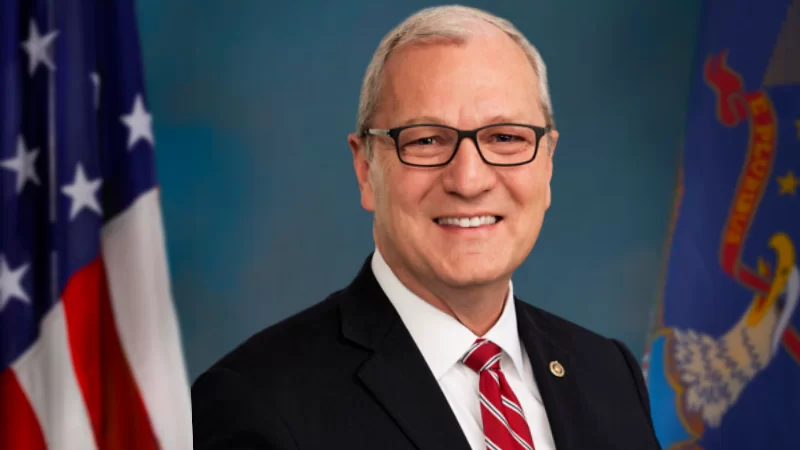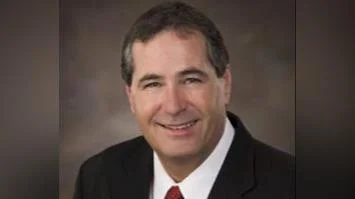Senator Kevin Cramer, US Senator for North Dakota | Senator Kevin Cramer Official website
Senator Kevin Cramer, US Senator for North Dakota | Senator Kevin Cramer Official website
The Department of the Interior has recently announced a final rule through the Bureau of Land Management that has drawn criticism for its impact on the oil and gas industry operating on federal and Tribal lands. U.S. Senator Kevin Cramer, a member of the Senate Environment and Public Works (EPW) Committee, expressed his concerns regarding the new regulations, stating, "This rule is another step backwards for American energy. It will drive up the cost of energy even to the point of shutting some production down."
The rule, which includes provisions such as a new royalty on flared gas, monthly limits on allowable flaring, and additional application requirements for operators, has raised eyebrows within the industry. Senator Cramer emphasized the potential negative consequences of the rule, suggesting that it could hinder domestic production by adding unnecessary burdens to the process. He further added, "Instead of issuing such a duplicative, punitive rule, the Biden administration should focus instead on streamlining permitting processes to encourage more domestic production, not less."
The challenges posed by the new rule are particularly significant for states like North Dakota, where a substantial portion of minerals are split estate lands, and Bakken oil production is accompanied by rich gas streams. Due to the complexities of permitting infrastructure on federal and tribal lands, North Dakota faces limitations in takeaway capacity, leading to situations where producers are compelled to flare natural gas associated with oil production.
As stakeholders navigate the implications of this latest regulatory development, the industry remains cautious about the potential consequences of the Interior Department's decision in the realm of energy production on federal and Tribal lands.






 Alerts Sign-up
Alerts Sign-up